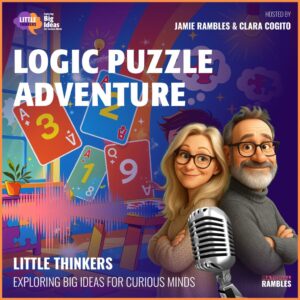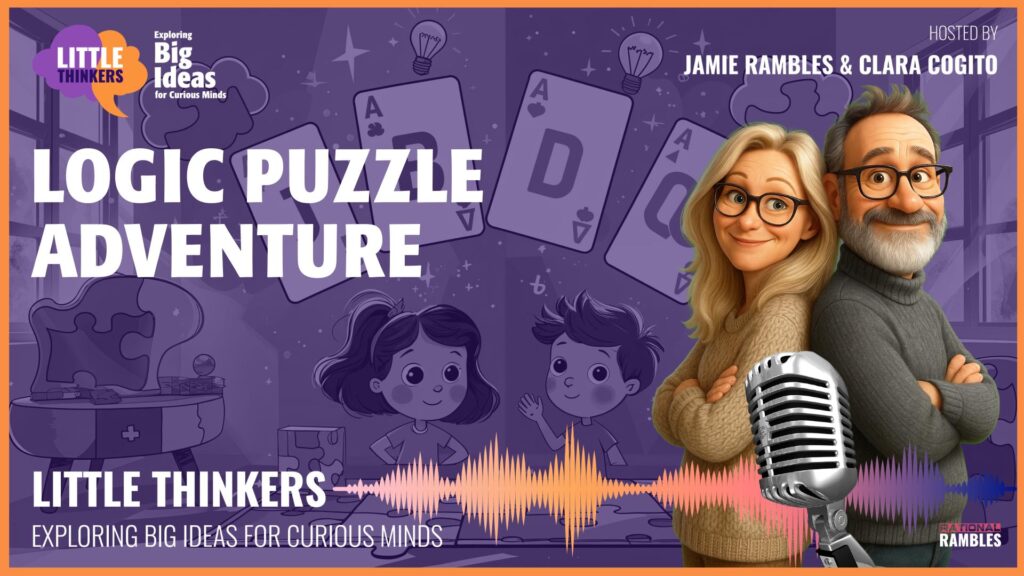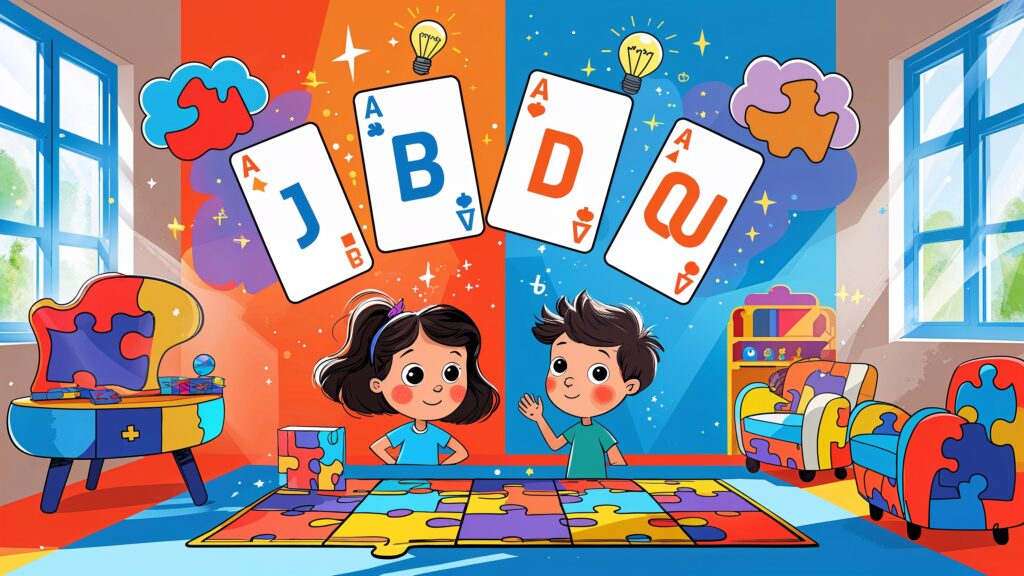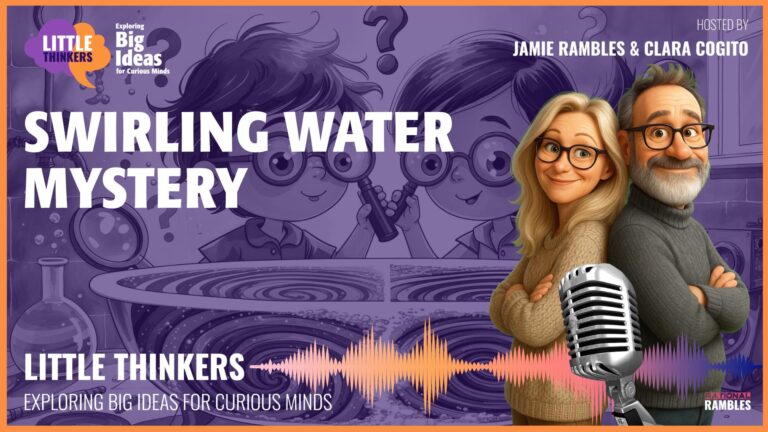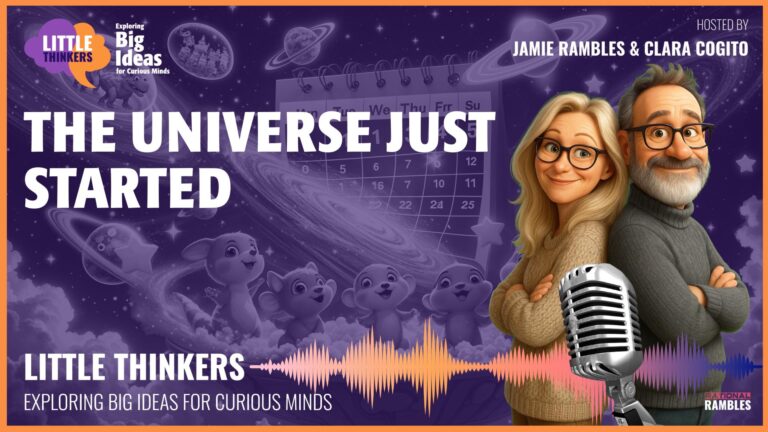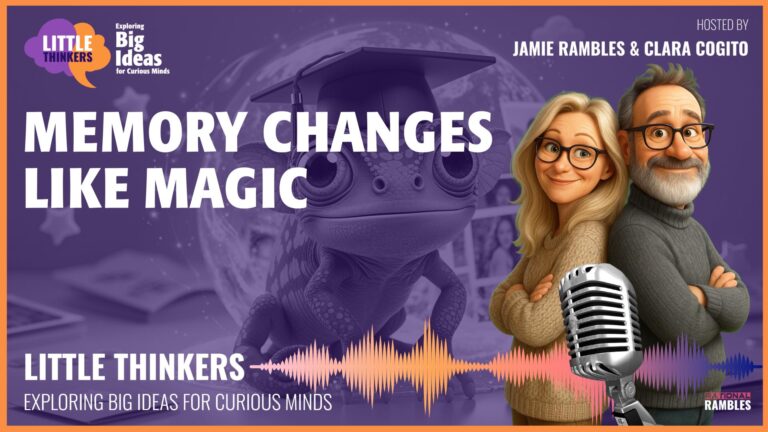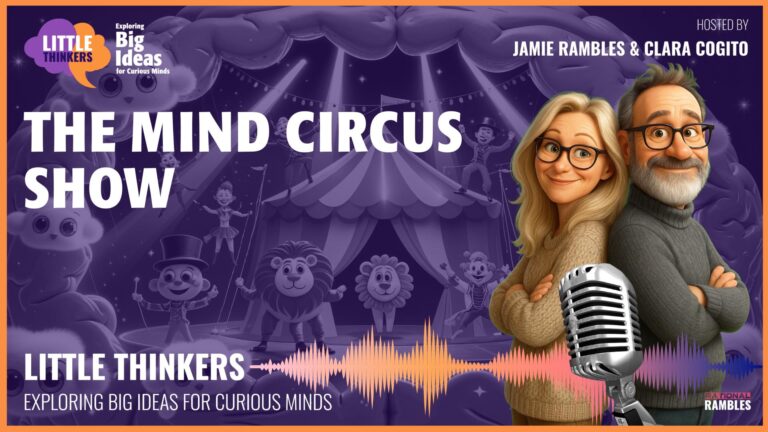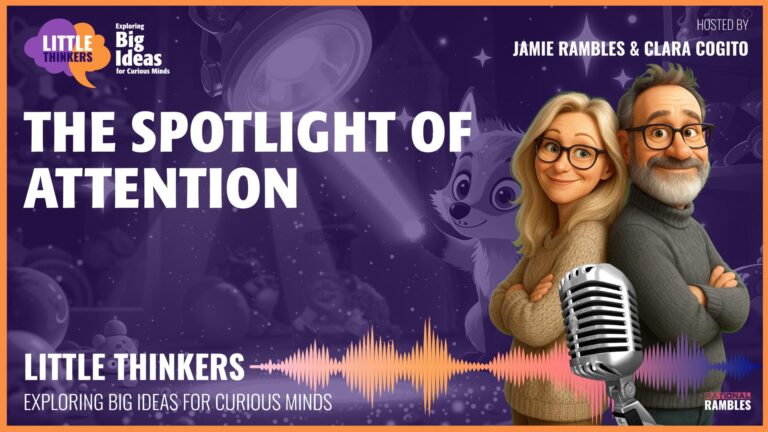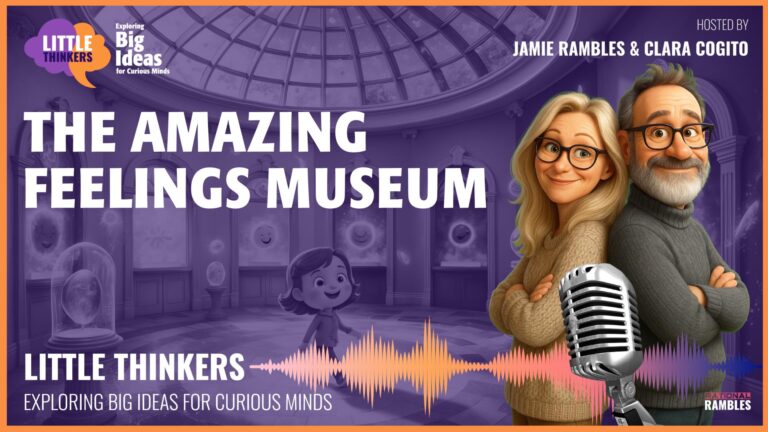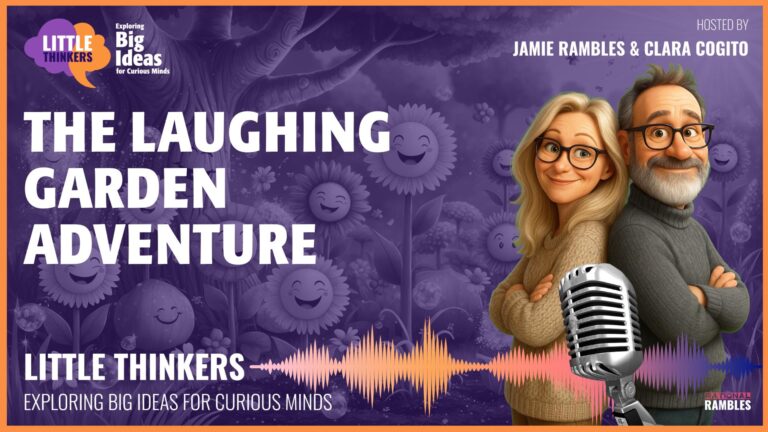Brain Detective: Cracking the Case of Secret Card Puzzles!
Mind-Bending Mystery Time!
Have you ever felt your brain go “BOING!” when trying to solve a tricky puzzle? That’s your amazing thinking machine working extra hard! Today, we’re going on an adventure to discover how our brains solve mysteries and sometimes play tricks on us.
Get ready to become a Brain Detective with some super fun card puzzles that might just make your jaw drop!
The Mystery of the Four Magic Cards
Imagine four special cards lying on a table in front of you. These aren’t ordinary cards – each one has a letter on one side and a number on the other side. But here’s the mysterious part: you can only see one side of each card!
Here’s what you can see:
- Card 1 shows the letter E
- Card 2 shows the letter K
- Card 3 shows the number 4
- Card 4 shows the number 7
The detective mission (that’s your job!) is to check if this rule is being followed: “If a card has a vowel on one side, then it has an even number on the other side.”
Vowels are the special letters A, E, I, O, and U. Even numbers are numbers we can split evenly in half, like 2, 4, 6, and 8.
Super Brain Challenge: Which cards should you flip over?
Take a moment to think about it! Which cards do you need to check to make sure the rule is being followed? Don’t peek at the answer yet!
…Ready for the answer?
Detective Solution: The Surprising Truth!
Most people think they should flip the E card and the 4 card. But that’s not right! The correct answer is that you should flip the E card and the 7 card.
Wait…what? Let’s solve this mystery together!
Why the E card?
E is a vowel, so according to our rule, it MUST have an even number on the back. If we flip it over and find an odd number like 3 or 5, then our rule is broken! So we definitely need to check this card.
Why NOT the K card?
K is not a vowel (it’s a consonant), so our rule doesn’t say anything about what should be on its back. It could have any number – even or odd – and our rule would still work perfectly fine!
Why NOT the 4 card?
This is where it gets tricky! Our rule only tells us what happens if we have a vowel. It doesn’t tell us anything about what should happen if we have an even number. If the 4 card has a vowel on the back – great! If it has a consonant on the back – also great! Either way, our rule isn’t broken. So checking this card doesn’t help us!
Why the 7 card?
Here’s the brain explosion moment! If the 7 card (which is an odd number) has a vowel on the back, that would BREAK our rule! Remember, our rule says vowels must have even numbers on the other side. So if we flip the 7 card and find a vowel, we’ve caught our rule-breaker red-handed!
Real-Life Rule Detective Work
This kind of thinking is called “conditional reasoning” – it’s like “if this, then that” thinking. It’s something we use every day, but sometimes our brains take shortcuts that lead us astray!
Let’s try another example that might be easier to understand:
Imagine your mom says: “If you clean your room, you can have ice cream.”
This rule tells you what happens if you clean your room, but it doesn’t say anything about what happens if you do something else, like wash the dishes or feed the dog. That’s why conditional rules can be tricky!
Try this one!
If the rule is: “If it’s raining, then Kelly carries an umbrella,” what would we need to check?
- We need to check if it’s raining, is Kelly carrying an umbrella?
- And if Kelly is NOT carrying an umbrella, is it NOT raining?
But we DON’T need to check if it’s sunny, does Kelly have an umbrella – because the rule doesn’t say anything about when it’s not raining!
Why Our Brains Sometimes Get Confused
Here’s something super cool that scientists discovered: people find these puzzles much easier if they’re about rules that people might break!
For example, if we change our card puzzle to: “If someone is drinking juice, they must be over 6 years old” and showed you cards with “drinking juice,” “drinking water,” “5 years old,” and “8 years old,” most people would know exactly which to check!
We’d check “drinking juice” to make sure that person is over 6, and we’d check “5 years old” to make sure that kid isn’t drinking juice. Suddenly the puzzle feels much easier!
Superhero Brain Powers!
Our brains are like superheroes with specific powers! They’re super good at checking if people might be breaking social rules. Scientists think that’s because humans evolved to live in groups where following rules was really important for getting along with each other.
It’s like your brain has a special “rule-breaking detector” for social situations, but needs extra practice with abstract rules like our card puzzle!
Your Turn to Be a Brain Detective!
Ready for a Brain Boggler to try at home? If the rule is “If it’s a dog, then it has four legs,” which of these would you need to check:
- A dog
- A cat
- An animal with four legs
- An animal with two legs
Think about it carefully! Remember to look for what might BREAK the rule, not just what fits the rule!
The answer: you’d need to check the dog to make sure it has four legs, and you’d need to check the animal with TWO legs to make sure it’s not a dog!
More Detective Games to Try
Next time someone tells you a rule like “If you finish your homework, you can play outside,” try to figure out exactly what the rule does and doesn’t say. Does it tell you what happens if you don’t finish your homework? Does it tell you what happens if you want to read a book instead of playing outside?
Being a rule detective is like giving your brain a special workout!
Growing Your Brain Muscles
Remember, making mistakes is part of how our brains learn and grow stronger. So if you didn’t solve the puzzle right away, that just means your brain was getting an extra good workout!
Every time you think hard about something tricky, your brain grows new connections. It’s like your brain is building new bridges between ideas!
Here are some fun ways to exercise your brain detective skills:
- When playing a board game, look carefully at what the rules say and don’t say
- Create your own “if-then” rules and test your friends
- Look for conditional rules in school (“If it’s raining, then we have indoor recess”)
- Make up your own version of the card puzzle with different rules
Keep Wondering and Questioning!
Your amazing brain loves to solve puzzles, even the tricky ones! The more you practice thinking like a detective, the stronger your brain becomes.
So keep wondering, keep questioning, and keep being the amazing thinker you are! Your brain will thank you with even more creative ideas and clever solutions to life’s many mysteries!
And remember – sometimes the most important things to check are the ones that might break the rules, not just the ones that follow them. That’s the secret to being a true Brain Detective!


